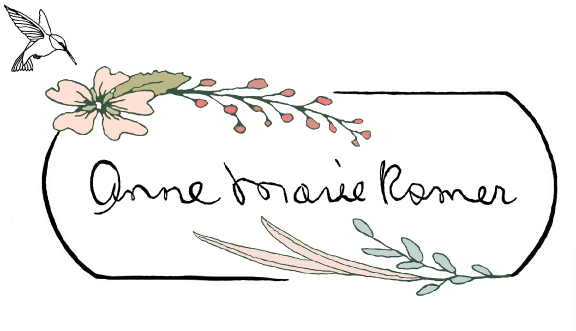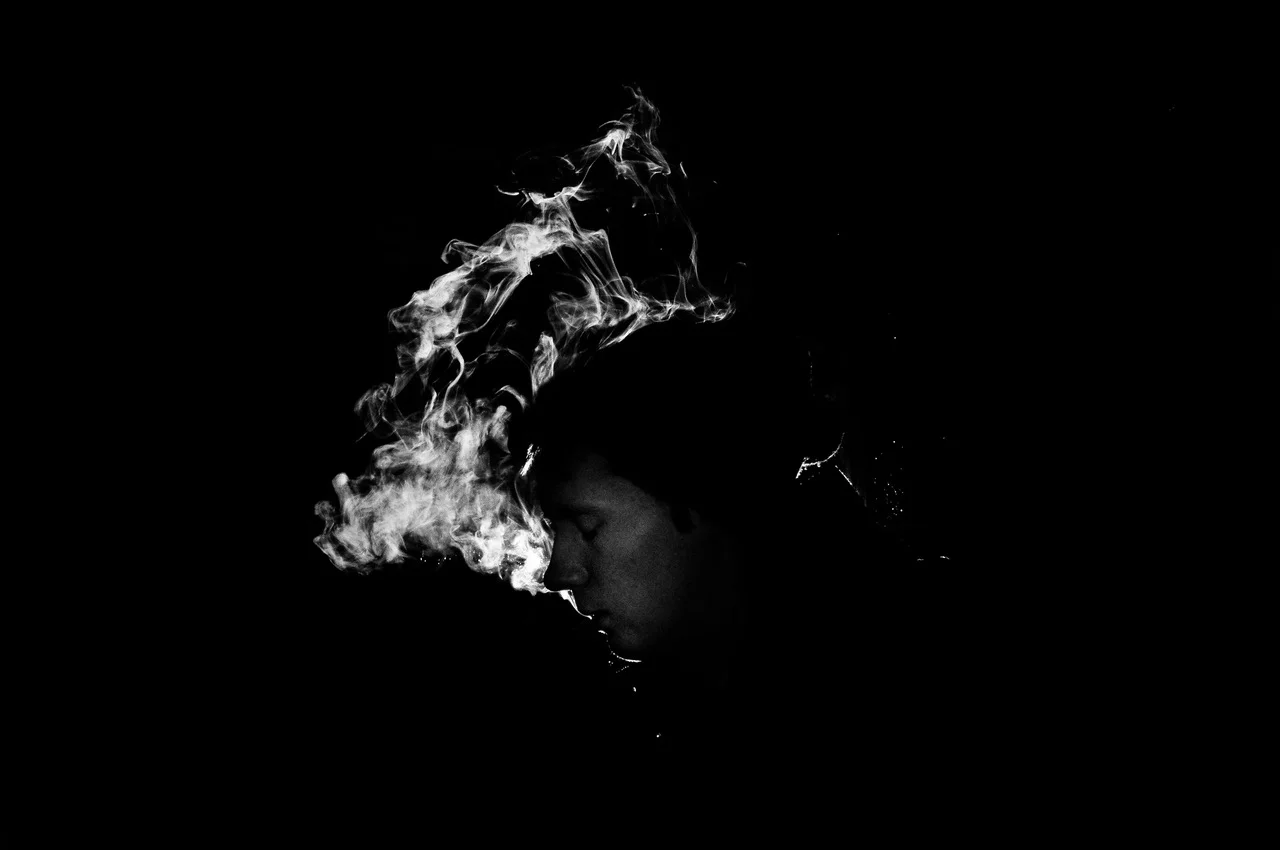Depression
Photo by Dmitry Ermakov on Unsplash
Featured in the Dayton Daily News
This past week, there was a funeral in St. Louis for the Missouri Republican Gubernatorial candidate, Tom Schweich. He committed suicide. A rising star in the political arena, his abrupt exit from life sent shock waves beyond his home state. It is hard to speculate why someone with a wife, two children, worldly success and professional promise would find himself so hopeless that the only solution to relieve mental pain is to end life. There has been thought that the cruelty of the political world drove Mr. Schweich to the brink of inoperable despair leaving him with the choice to die. Bottom line, we will never know. Death by suicide complicates things. Not only is there the longing, there is unspeakable heartbreak in knowing someone you loved left you on purpose. It is tough. My family knows something about suicide. Two of my brothers died by desire leaving the scar of their absence forever etched in our family heart. It never fully heals. The common denominator in suicide is depression. Whether caused by a chemical imbalance or a series of difficult experiences, depression can be seductive. Eventually, if left untreated, it may lead to a distortion of life seen through the lens of failure, exhaustion, and disconnection even from those most loved. It is hard to imagine how the dark byproduct of severe and chronic desolation can lead to a choice to die. Depression torques the mind, infusing a different reality. Those who have unsuccessfully attempted suicide say they thought the world would be better off without them, leaving the rest of us shaking our heads. The tragedy of suicide is imagining how one could whittle away their self-value to the point of nothingness. Justifying a choice to exit life while there is a place for you at a family dinner table speaks to the power of persuasive gloom. Depression can be elusive. Many who suffer become withdrawn, antisocial, unkept and hide behind self imposed walls. Other depressed people mask their pain with smiles, social ability, and the desire to appear anything but disheartened by life. Their goal is to conceal pain, a burden that becomes exponentially heavy the longer it remains hidden. Even Robin Williams, a man so full of talent, intuitive understanding of human nature, and in possession of a fervent flair for laughter, became victim to his own implosion of pain. How could this be?
My heart aches for the Schweich family as it does for all those who lose someone to suicide. It is horrible. A vacant chair or empty side of the bed due to senseless death are never easily reconciled. Remnants of conflicting emotions include confusion, anger, sadness and regret rear their ugly heads especially when life is marked by a birth, wedding, graduation or reunion. Absence of a loved one permeates a family heart despite the hugs of celebration.
For those who bear the burden of despair, my hope is that they are somehow able to create space between the anguish residing in their soul and the hope that awaits them if only they would allow vulnerability a chance. Depression may be a disease, but it doesn’t have to be a death sentence. And for those of us who have gained the unwelcome awareness of the pain of depression, we will continue to talk about it. Perhaps Tom Schweich’s death will re-open the conversation about the world of depression. In the meantime, my belief is these precious and treasured souls are no longer drowning in pain. It is a lame consolation. I wish love could have saved them.

